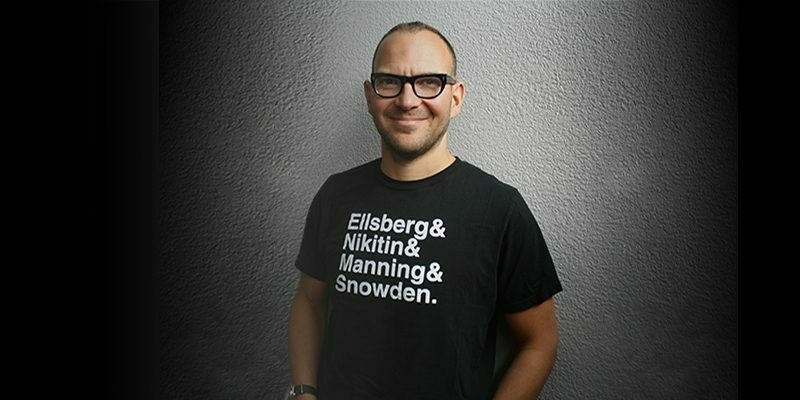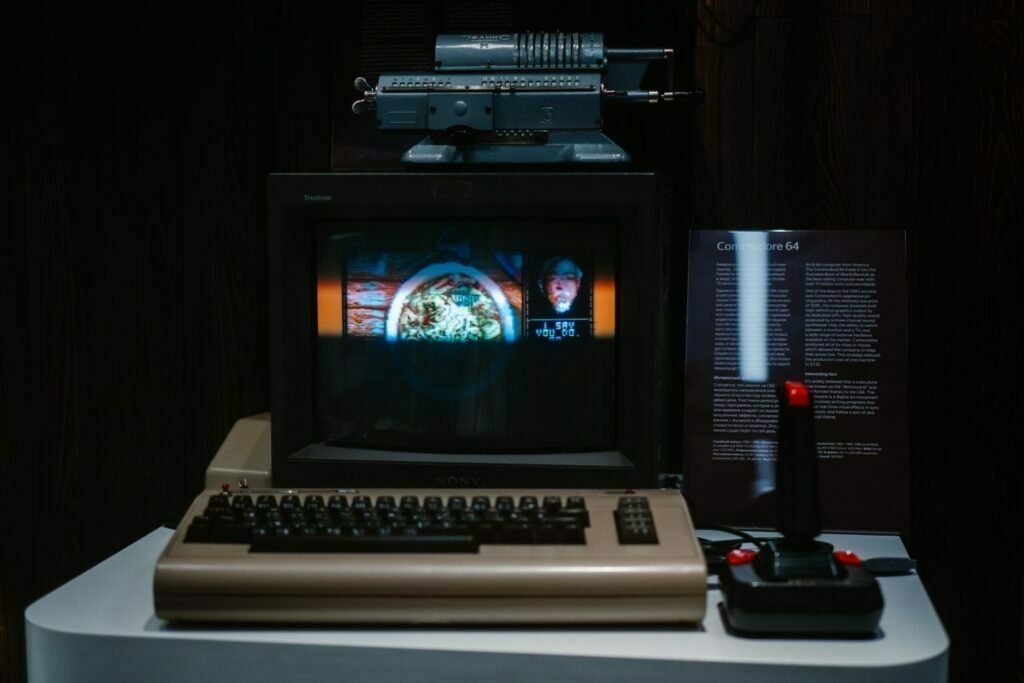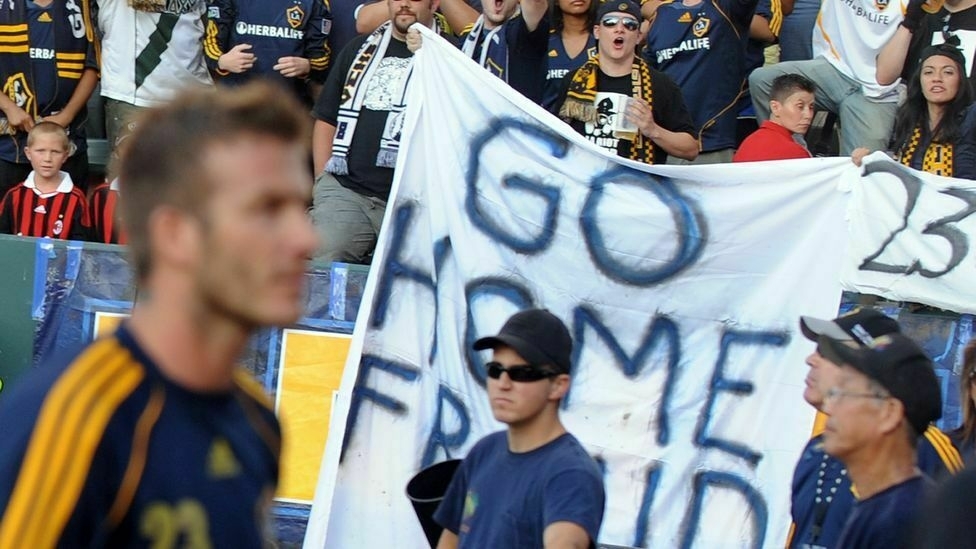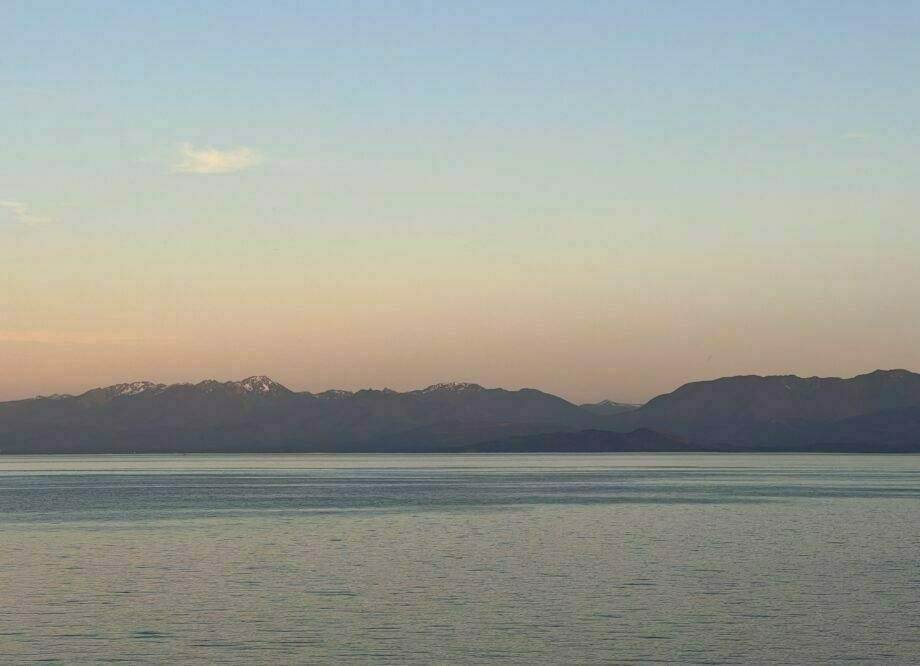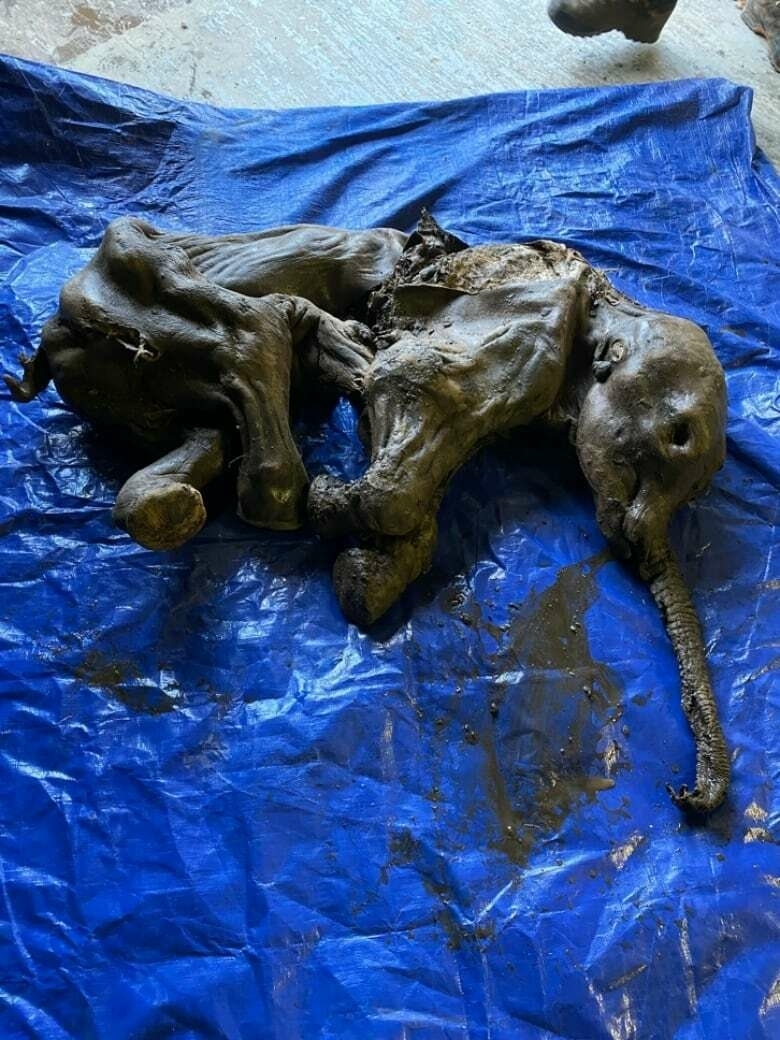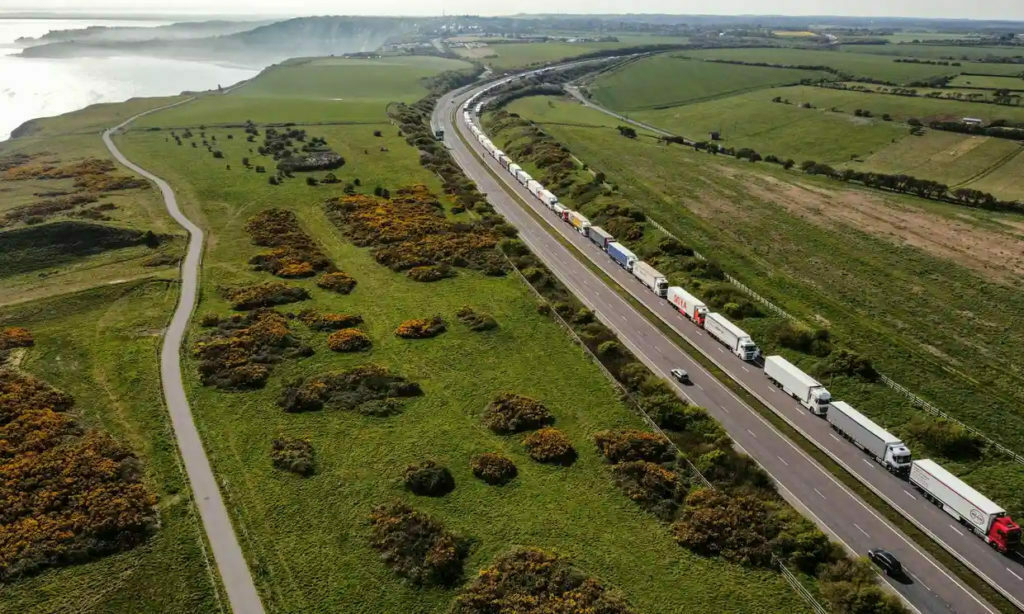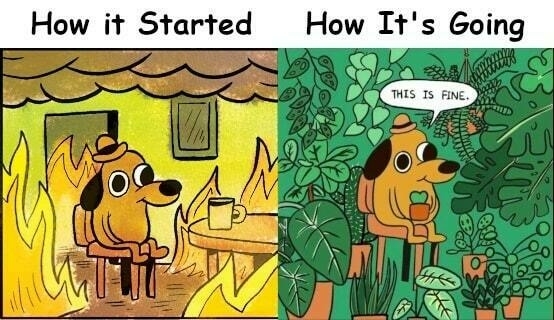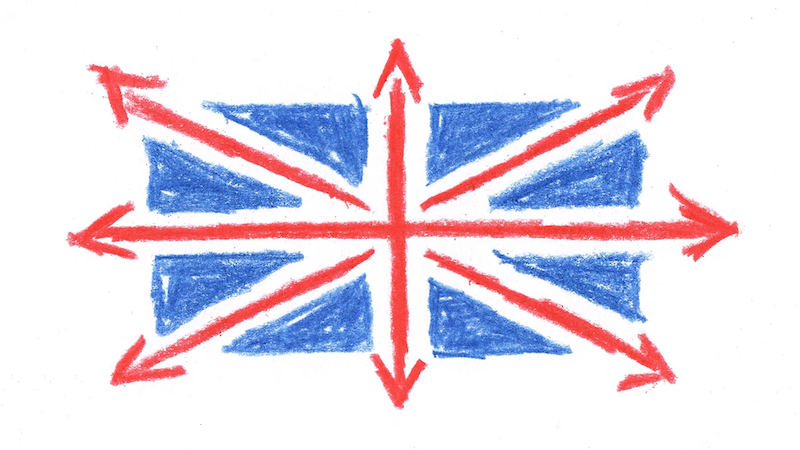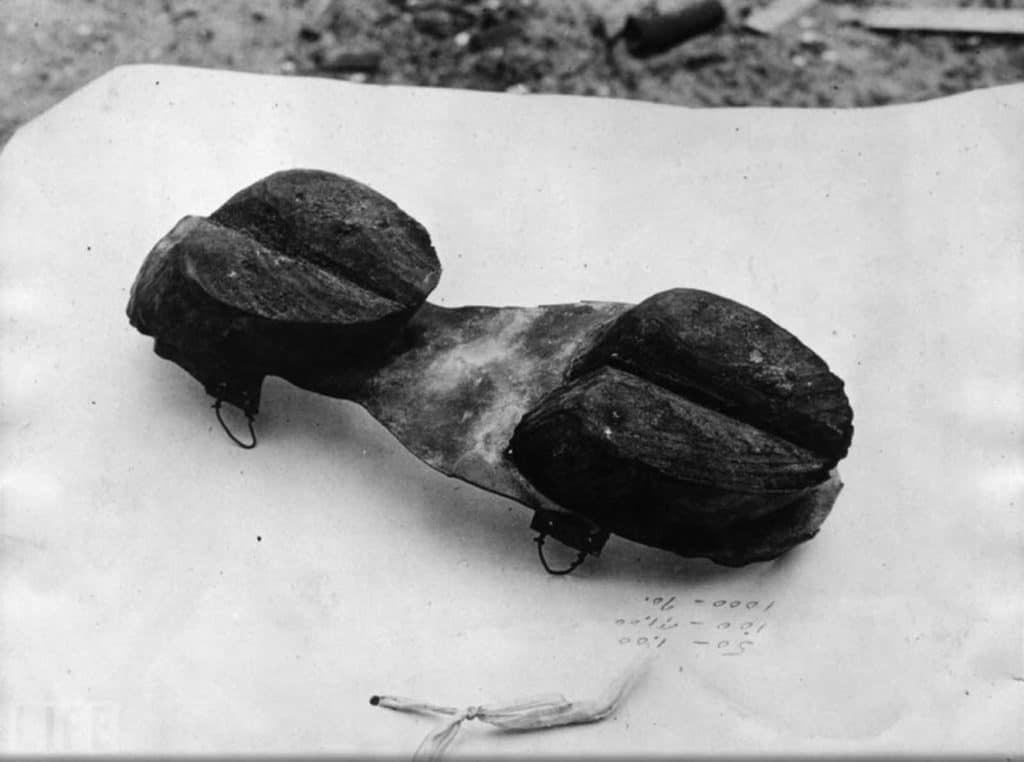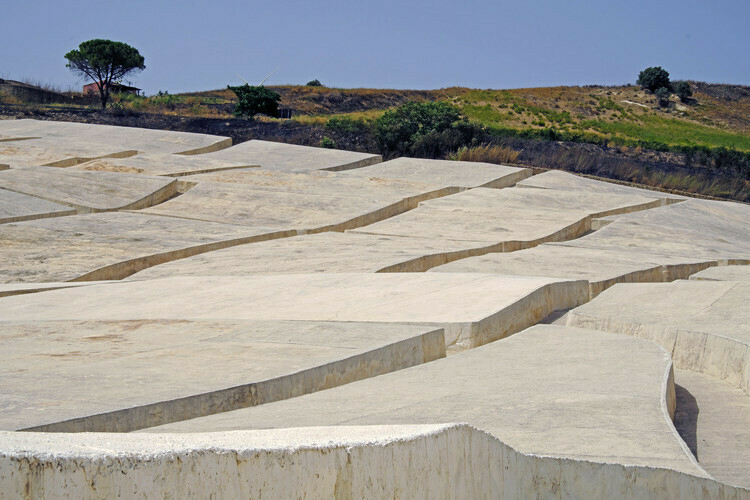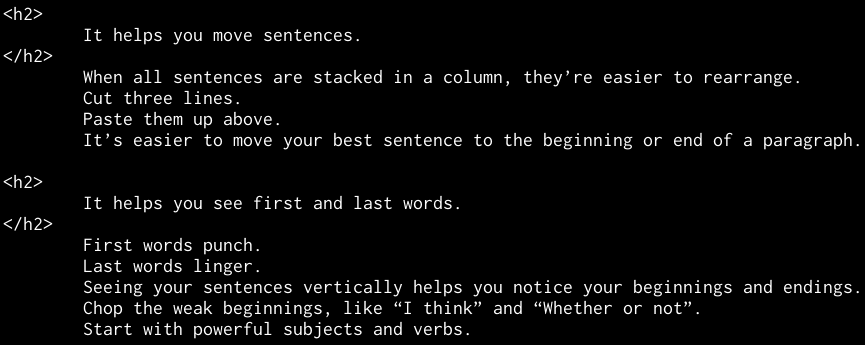The Digital Dark Ages
The author of this article helps out with computer museums around the world. He talks about how its not just nostalgia which fuels them, but learning about the technological and social context in which the hardware were situated.
He then explains that future historians won’t have much of that context because of DRM, IP laws, and encryption.
To future historians—not just of computing, but of humanity—the current period will be a dark age.Source: The Digital Dark Ages | De Programmatica IpsumHow was Facebook used by students in the 2010s? We cannot show you, that version of Facebook is not hosted anywhere.
What correspondence did Vint Cerf have as president of the ACM with other luminaries of computing industry and research? We do not know; Google will not publish his emails.
What was it like playing Angry Birds on an iPhone 3G? We do not know; Apple is no longer distributing signed receipts for that binary.
What did the British cabinet discuss when they first learned of the Coronavirus pandemic? We do not know; they chatted on a private WhatsApp group.
What books were published analysing the aftermath of the Maidan coup in Ukraine? We do not know; we do not have the keys for the Digital Editions DRM. How was the coup covered in televised news? We do not know; the broadcasters used RealVideo and Windows Media Encoder and we cannot read those files.
Criticism vs praise
Like most people, it would seem, I’m sensitive to criticism. Not just that, but even the absence of praise can be problematic. It’s something I’m working on, but this article pointing out that criticism being more connected to the person making the comments than the one receiving them, is helpful.
Whether it's criticism calmly dispensed by a teacher at school, or a cruel comment hurled in the heat of an argument with a friend or lover, we tend to remember criticism far better than positive comments, due to a phenomenon called the negativity bias.Source: Why criticism lasts longer than praise | BBC Future[…]
While a focus on the darker side of the world around us may sound like a depressing prospect, it has helped humans overcome everything from natural disasters to plagues and wars by being better prepared to deal with them (although there is evidence that optimism can also help to protect us from the stress of extreme situations). The human brain evolved to protect our bodies and keep us alive, and has three warning systems to deal with new dangers. There’s the ancient basal ganglia system that controls our fight or flight response, the limbic system which triggers emotions in response to threats to help us understand dangers, and the more modern pre-frontal cortex, which enables us to think logically in the face of threats.
[…]
In some cases, negative remarks from people we love can lead to long-lasting mental wounds and resentment that can cause relationships to break down. Researchers at the University of Kentucky in the US found relationships are seldom saved when partners ignore relationship problems to remain “passively loyal”. “It is not so much the good, constructive things that partners do or do not do for one another that determines whether a relationship works as it is the destructive things that they do or not do in reaction to problems,” they said.
[…]
“We are all sensitive to negative comments in the sense that there are no ‘stronger’ personality traits. Considering the fact that everyone receives negative comments can help us deal with them … and could be a good strategy to protect our own mental health,” she adds. “Another useful strategy could be to consider that comments are more connected to the person who’s making them than the one who’s receiving them."
Is our society structured in a way which encourages people to make less than the greatest contribution they could?
Colin Percival is the founder of Tarsnap which is a somewhat-niche cryptographically-secure backup solution. In this post, he replies to a comment he saw that he’s potentially wasting his life on something less important than the world’s biggest problems.
His point, I think, is that starting your own business is the only way these days of being able to do the kind of deep work which people like him find fulfilling. So I guess the question is whether there’s an even better way of structuring society to enable even greater contribution?
First, to dispense with the philosophical argument: Yes, this is my life, and yes, I'm free to use — or waste — it however I please; but I don't think there's anything wrong with asking if this is how my time could be best spent. That applies doubly if the question is not merely about the choices I made but is rather a broader question: Is our society structured in a way which encourages people to make less than the greatest contribution they could?Source: On the use of a life | Daemonic Dispatches[…]
In many ways, starting my own company has given me the sort of freedom which academics aspire to. Sure, I have customers to assist, servers to manage (not that they need much management), and business accounting to do; but professors equally have classes to teach, students to supervise, and committees to attend. When it comes to research, I can follow my interests without regard to the whims of granting agencies and tenure and promotion committees: I can do work like scrypt, which is now widely known but languished in obscurity for several years after I published it; and equally I can do work like kivaloo, which has been essentially ignored for close to a decade, with no sign of that ever changing.
[…]
Is there a hypothetical world where I would be an academic working on the Birch and Swinnerton-Dyer conjecture right now? Sure. It’s probably a world where high-flying students are given, upon graduation, some sort of “mini-Genius Grant”. If I had been awarded a five-year $62,500/year grant with the sole condition of “do research”, I would almost certainly have persevered in academia and — despite working on the more interesting but longer-term questions — have had enough publications after those five years to obtain a continuing academic position. But that’s not how granting agencies work; they give out one or two year awards, with the understanding that those who are successful will apply for more funding later.
Recalling generative and liberating uses of technology
I found myself using the phrase “the night is darkest before dawn” today. This post from Anne-Marie Scott is certainly an example of that, and I too look forward to a world beyond “today’s dogpile of an internet”.
I remember a time when I got excited about generative and liberating uses of technology, enabling people to bring their whole selves to learning, being able to incorporate their world, their context, their knowledge, and in turn develop new connections, new communities, and new knowledge to further explore and build on these things. I think this is still possible, and I think work around open practices, open pedagogies, ethics of care, and decolonisation point the way towards how to do it in today’s dogpile of an internet.Source: Hitting the wall and maybe working out how to get back up again | A placid island of ignorance…
The corrosive nature of captalism
I used to think there was no chance of the current system of capital-based society ending within my lifetime.
But now? I’m not so sure. I see influential writers I respect like Seth Godin and (in this case) Warren Ellis talk openly about the harms of capitalism.
And given the crypto collapse following the pandemic perhaps people are slowly coming to realise there’s more to life than money…
From a certain perspective, capitalism is the environment into which we are born, and conditions within it are corrosive: we either adapt to those conditions in order to survive — people will always have to be taught how to tend the machines, and it has been said, after all, that humans are the reproductive organs of machines — or build a sturdy environment suit, or we are seriously harmed. Which casts many of us as good little prisoners or effective wasteland scavengers.Source: A Suit Of Capitalism | WARREN ELLIS LTD
Image: Jorge Salvador
Frozen baby woolly mammoth discovered in Yukon gold fields
Amazing. Look at how perfectly this creature was preserved in the permafrost!
I guess we’ll be seeing a lot more of this kind of thing as the permafrosts melt due to the climate crisis.
The baby woolly mammoth, named Nun cho ga, which means "big baby animal" in the Trʼondëk Hwëchʼin's Hän language, is about 140 cm long, which is a little bit longer than the other baby woolly mammoth that was found in Siberia, Russia, in May 2007.Source: ‘She’s perfect and she’s beautiful’: Frozen baby woolly mammoth discovered in Yukon gold fields | CBC NewsZazula thinks Nun cho ga was probably about 30 to 35 days old when she died. Based on the geology of the site, Zazula believes she died between 35,000 and 40,000 years ago.
“So she died during the last ice age and found in permafrost,” said Zazula.
Crypto clowns
If you’re at the top of the Ponzi scheme pyramid, you have a vested interest in keeping it going…
Not coincidentally, the companies doing the least reflecting are the ones with their hands deepest in the cookie jar. Part of what spurred on the current crash was a cryptocurrency called TerraUSD, a type of so-called stablecoin designed to more or less equal the value of the U.S. dollar. The whole point of stablecoins is that they’re supposed to be less volatile than other cryptocurrencies, a way of protecting your money while still keeping your chips in the casino. That was the idea, at least: TerraUSD was tied to another cryptocurrency called Luna, and when its value plummeted in early May, investors promptly dumped their TerraUSD. Tokens meant to sell for $1 a pop were suddenly trading for almost nothing, and, according to Bloomberg, $60 billion of investors’ money was zapped away.Source: Crypto Is Crashing. Have the Crypto Bosses Learned Anything At All? | The Atlantic[…]
As the wider crypto market has tanked in the weeks since the Terra collapse, other flailing companies have been similarly unwilling to publicly reflect on the damage. The crypto lender Celsius Network made it big by promising yields much higher than those of traditional bank accounts. That approach generated gobs of money when crypto was booming, but apparently it hasn’t fared so well during the downturn. As rumors began to circulate about Celsius’s financial issues, the company’s founder, Alex Mashinsky, dismissed it all as “FUD,” crypto shorthand for “fear, uncertainty, and doubt.” “Do you know even one person who has a problem withdrawing from Celsius?” he tweeted. Just over 24 hours later, the company put a freeze on all withdrawals, locking customers out of their accounts. (The freeze remains in place almost two weeks later.)
[...]Throughout the industry, there’s a sense from the biggest players in crypto that if we all just keep the faith, traders can effectively spend their way out of the crisis. Cameron Winklevoss, the billionaire co-founder of the crypto exchange Gemini, recently tweeted that the bitcoin dip feels “irrational,” because “the underlying fundamentals, adoption, and infrastructure have never been stronger.” It’s not a question of fundamentals, though; asking people to look more closely at the tech will not somehow end the bear market. A few days ago, Michael Saylor, whose software company, MicroStrategy, has spent billions of dollars acquiring bitcoin, called the cryptocurrency “a lifeboat, tossed on a stormy sea, offering hope to anyone in the world that needs to get off their sinking ship.” But right now, bitcoin is the sinking ship.
Counting the cost of Brexit
Another article about Brexit, after one last week. I think Brexit was a form of economic suicide, but over the weekend I’ve been thinking about the wider perspective.
Not only did we have a huge worldwide economic crash around 15 years ago, but everyone came online with their smartphones around the same time. So we’ve had a lot of revelations and a lot of resetting to do. Perhaps all of this is the tumultuous times before a new form of society?
One can only hope. Britain is going to be screwed no matter what, because we’re disconnected from our main trading and cultural partners.
Most of the trade deals with non-EU countries that the UK has signed have been small in their economic effect, and have merely been “rolled over” from identical ones when we were an EU member. Even Jacob Rees-Mogg, the minister for Brexit opportunities, has stopped talking about Brexit and the UK economy, and instead focuses on what he says is the democratic dividend, the winning back of control, and the return of sovereignty. That is not surprising because day by day the economic data is piling up showing the harm that leaving the EU is doing to the nation’s finances.Source: ‘What have we done?’: six years on, UK counts the cost of Brexit | The GuardianJohnson and the Vote Leave campaign promised in 2016 that £350m a month would flow back from Brussels because we would stop contributing to EU coffers.
The impression was that there would be no downside. We would thrive outside Europe’s bureaucracy which was strangling our companies with red tape. The huge benefits of the single market – trading freely across borders, with common standards – were never highlighted by Vote Leave, and rarely by the crudely alarmist Remain camp, either.
Only now, with the worst of the pandemic (probably) behind us, and ministers unable to blame Covid, is Brexit reality being laid bare.
Next year the OECD calculates that the UK will record the lowest growth in the G20 with the exception of Russia whose economy is being drained by its war on Ukraine.
Making adulthood more desirable
I definitely feel this at the moment. As a parent, your kids mostly follow what you do rather than what you say, which confers quite a bit of a responsibility about how you choose to live your life…
For many, adulthood means trading a life entirely devoted to learning for one in which you only read (maybe) two books a year. It means swapping a full schedule of sports, clubs, and music lessons for having exactly zero hobbies (unless watching Netflix counts). It means going from hanging out with peers for the bulk of each day to (maybe) seeing friends a few hours a month. It means shifting from experiencing plenty of firsts to being stuck in a hamster wheel of thousandths.Source: Sunday Firesides: We Need to Make Adulthood More Desirable | The Art of Manliness[…]
Adulthood means taking on more responsibilities, and in turn, receiving more privileges. Unless we do something worthwhile — fun, interesting, desirable — with those privileges, young people won’t want to apply to the society of grown-ups, and adults won’t be able to wholeheartedly encourage them to join its ranks.
Image: Henri Pham
The omnishambles of Brexit
The UK is a pretty bad place to live at the moment. Except for the US, and well a lot of other places. I guess what I’m saying is that things are pretty bad politically and in terms of economically, but then the rest of the world is pretty screwed as well.
Britain today is a poor and divided country. Parts of London and the southeast of England might be among the wealthiest places on the planet, but swaths of northern England, Wales, Scotland, and Northern Ireland are among Western Europe’s poorest. Barely a decade ago, the average Brit was as wealthy as the average German. Now they are about 15 percent poorer—and 30 percent worse off than the typical American.Source: What Brexit Promised, and Boris Johnson Failed to Deliver | The Atlantic[…]
In the 2016 Brexit referendum and then in the 2019 general election, Johnson offered voters the chance to “take back control” of their destiny, to rebalance the country and to pull it together again. On both occasions, he won.
Six years on, however, we can safely say his project is failing. His government is busy trying to wrest back more control rather than exercising what it has regained. It has not united the country. It has not even begun to level it up.
The truth is, this government won’t accomplish any of that. Until Britain stops trying to restore a vanished past—whether the one imagined by its pro-Brexit Leavers or its anti-Brexit Remainers—and begins to construct a viable future, the country as a whole never will.
Moonshine-enabling cow shoes
The Sunday Surfers (a name my group of friends give to ourselves when playing PlayStation) came across an abandoned moonshine still in the game Red Dead Redemption 2 last weekend. That possibly primed my brain to find this random article even more interesting than I did already!
The shoe was described in a Florida newspaper in 1922 which led to many people, including the authorities, knowing a great deal about the moonshiners’ ingenious way of preventing detection. The knowledge of the shoe didn’t immediately stop its use nor did it stop the moonshiners who just continued to think of new ways to evade police and get their product to an increasingly thirsty public.Source: Moonshiners Wore Special Shoes To Evade the Law During Prohibition
GNOME <3
I’m a big fan of GNOME as well. Although configurability is important, starting from a basis of opinionated design leads to better results, I think.
There are people who're used to the traditional desktop, taskbar at the bottom, application menus, desktop icons and alike. There are minimalists who build their desktops essentially from scratch using tiling or floating window managers. Then there people who don't really care about what they're using and they tend to stick with whatever came with their system. I'm neither one of those (or at least, not anymore). I happen to agree with Gnome's opinionated desktop philosophy...Source: Gnome, the opinionated desktop environment | Dušan’s blog[…]
I keep coming back to Gnome and it never ceases to amaze how quickly I can start being productive in it. That’s what a desktop is supposed to do, get out of your way as much as possible while providing great features to facilitate that. It’s very much opinionated about its design and experience, but you shouldn’t fight it. Learn to embrace Gnome for what it is, a beautiful, if somewhat different desktop for developers and regular users alike.
Worker-owned co-op federation
Sion Whellens helped us set up WAO six years ago, and he’s quoted in this piece about a new worker co-op federation.
There’s been a feeling for a while that Coops UK only really represents large co-operatives such as food co-ops. So this new organisation, of which we will be a member, should be much better at giving worker-owned co-ops a voice.
The vision of the organisation (the name is still under discussion) is to bring together an alliance of people and organisations “with an explicit focus on worker issues, worker-led organising, social solidarity, and economic justice”.Source: New federation planned for worker co-ops in the UK | Co-operative News[…]
The new federation is starting out small – there are around 400 worker co-ops in the UK – but is receiving support and guidance from other federations worldwide, including the US Federation of Worker Cooperatives. “USFWC is a relatively new organisation that has managed to pull together something that works really effectively with little core resource in terms of membership subscriptions. They don’t have a vast amount of rich work co-ops to fund it, so they have to pull resources together in different ways. We can learn from that,” says Mr Whellens.
[…]
Co-operatives UK has been a home for worker co-ops for 20 years, but Mr Whellens believes that over the last decade, there has been “a growing realisation that it can’t really speak about worker co-operation authentically, or develop the worker co-op-specific resources we really need”.
[…]
“There has been a progressive loss of a distinctive voice and service for worker co-ops and we reached a point where we realised we need an independent voice and an independent network that can be more agile, less bureaucratic, more focused on the primary audience for worker co-operation – which is workers.”
Psycho-Geography
This is incredible. I want to see it!
Each concrete slab in the Cretto di Burri measures between ten and twenty meters on each side and stands at around 1.6 meters tall. The enormous yet walkable fissures in the concrete mirror the old town’s streets and corridors, reconjuring spatial memories of the destroyed city while marking its status as uninhabitable ruins. In Burri’s imagination, the cracked landscapes of Death Valley that had served as inspiration for his work functioned as a kind of psycho-geography, suggesting the violence and trauma of fascist rule and industrialized warfare that he had experienced as an Italian citizen living through both World Wars. In similar fashion, the cracked white concrete of the Cretto di Burri memorializes and reifies the trauma and grief of the Belice earthquake, with the fissures marking not just the literal roads and streets of the original town but also the violence done to the land, people, and profoundly to the cultural memory of the site.Source: The Psycho-Geography of the Cretto di Burri | ArchDailyThe white concrete, as a common urban construction material, suggests the pale corpse of the lost city, while the textures and fissures marking the presence and memory of the old city reveal the futility of erasing and moving forward on a psycho-geographic tabula rasa. Altogether, the Cretto di Burri beautifully responds to a moment of profound cultural grief through its pared-down, yet highly suggestive form and materiality.
One sentence per line
This is spectacularly simple advice from Derek Sivers. I immediately used the approach after reading this article for a script I was writing for a screencast and it really helped!
My advice to anyone who writes: Try writing one sentence per line. I’ve been doing it for twenty years, and it improved my writing more than anything else.Source: writing one sentence per line | Derek SiversNew sentence? Hit [Enter]. New line.
Not publishing one sentence per line, no. Write like this for your eyes only. HTML or Markdown combine separate lines into one paragraph.
Travelling light
There’s some good tips about travelling light and the kind of gear to buy, which trade-offs, to make, etc. in this guide. Interestingly, it’s from one of the founders of Ethereum, Vitalik Buterin. I’m not sure what I think of him, to be honest, but this guide is useful, nevertheless.
I have lived as a nomad for the last nine years, taking 360 flights travelling over 1.5 million kilometers (assuming flight paths are straight, ignoring layovers) during that time. During this time, I've considerably optimized the luggage I carry along with me: from a 60-liter shoulder bag with a separate laptop bag, to a 60-liter shoulder bag that can contain the laptop bag, and now to a 40-liter packpage that can contain the laptop bag along with all the supplies I need to live my life.Source: My 40-liter backpack travel guide[…]
As a point of high-level organization, notice the bag-inside-a-bag structure. I have a T-shirt bag, an underwear bag, a sock bag, a toiletries bag, a dirty-laundry bag, a medicine bag, a laptop bag, and various small bags inside the inner compartment of my backpack, which all fit into a 40-liter Hynes Eagle backpack. This structure makes it easy to keep things organized.
[…]
As you might have noticed, a key ingredient in making this work is to be a USBC maximalist. You should strive to ensure that every single thing you buy is USBC-friendly. Your laptop, your phone, your toothbrush, everything. This ensures that you don’t need to carry any extra equipment beyond one charger and 1-2 charging cables. In the last ~3 years, it has become much easier to live the USBC maximalist life; enjoy it!
The internet is broken because the internet is a business
I ended up cancelling my Verso books subscription because I was overwhelmed with the number of amazing books coming out every month. This looks like one to keep an eye out for.
Several decades into our experiment with the internet, we appear to have reached a crossroads. The connection that it enables and the various forms of interaction that grow out of it have undoubtedly brought benefits. People can more easily communicate with the people they love, access knowledge to keep themselves informed or entertained, and find myriad new opportunities that otherwise might have been out of reach.Source: The Privatized Internet Has Failed Us | JacobinBut if you ask people today, for all those positive attributes, they’re also likely to tell you that the internet has several big problems. The new Brandeisian movement calling to “break up Big Tech” will say that the problem is monopolization and the power that major tech companies have accrued as a result. Other activists may frame the problem as the ability of companies or the state to use the new tools offered by this digital infrastructure to intrude on our privacy or restrict our ability to freely express ourselves. Depending on how the problem is defined, a series of reforms are presented that claim to rein in those undesirable actions and get companies to embrace a more ethical digital capitalism.
There’s certainly some truth to the claims of these activists, and aspects of their proposed reforms could make an important difference to our online experiences. But in his new book ‘Internet for the People: The Fight for Our Digital Future’, Ben Tarnoff argues that those criticisms fail to identify the true problem with the internet. Monopolization, surveillance, and any number of other issues are the product of a much deeper flaw in the system.
“The root is simple,” writes Tarnoff: “The internet is broken because the internet is a business.”
The ultimate act of self-denial
This is absolutely wild.
Scattered throughout northern Japan are over two dozen mummified Japanese monks known as sokushinbutsu. Followers of shugendō, an ancient form of Buddhism, the monks died in the ultimate act of self-denial.Source: Sokushinbutsu of Dainichibou Temple | Atlas ObscuraFor three years, the priests would eat a special diet consisting only of nuts and seeds, while taking part in a regimen of rigorous physical activity that stripped them of their body fat. They then ate only bark and roots for another three years and began drinking a poisonous tea made from the sap of the urushi tree, normally used to lacquer bowls. This caused vomiting and a rapid loss of bodily fluids, and—most importantly—it killed off any maggots that might cause the body to decay after death. Finally, a self-mummifying monk would lock himself in a stone tomb barely larger than his body, wherein he would not move from the lotus position. His only connection to the outside world was an air tube and a bell. Each day, he rang a bell to let those outside know that he was still alive. When the bell stopped ringing, the tube was removed and the tomb sealed.
